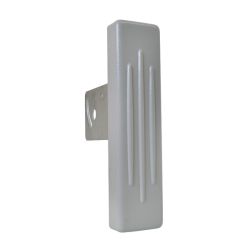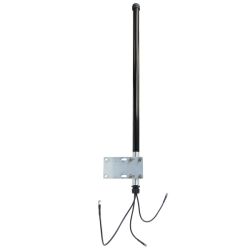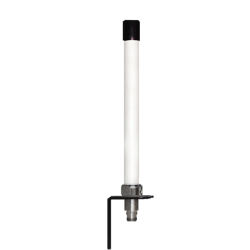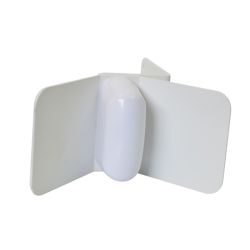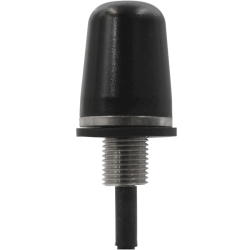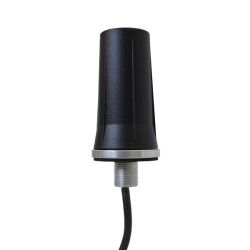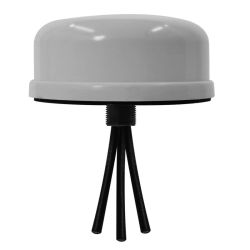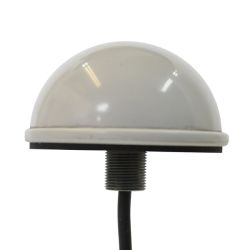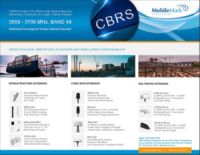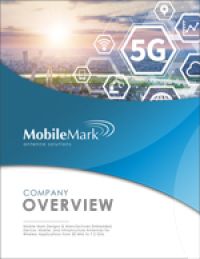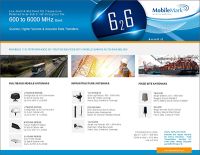
Antenna Solutions for CBRS Private LTE
Providing flexible solutions for networks using the 3.5 GHz band, including band 48 CBRS in the US and other 3.5 GHz networks around the world.
Flexible Network Solutions
Private LTE is all about customizing a solution that best meets your requirements. From targeted coverage to flexible network configurations, choosing the right antennas can help you optimize your network.
Mobile Mark offers a range of antenna solutions that help network designers configure a unique CBRS Private LTE network. Antenna styles including:
- Omni-directional and Directional Infrastructure antennas
- Fixed site antennas that are small enough to be mounted on cabinets or remote nodes to extend or connect the network
- Multiband antennas that are designed to cover up to 7 elements: 2xCellular, 4xWiFi, and 1xGNSS.
Some of these antennas cover the specific 3.55-3.7 GHz band and others are wideband designs that cover CBRS Private LTE along with other frequencies. Many of the wideband antennas presented here offer coverage up to 3.7 GHz, but a full line of antenna covering 600 MHz – 6000 MHz can be found on our Sub-6 5G-ready 6-2-6 industry section.
Infrastructure Antennas
Fixed Site Antennas
Multiband Antennas
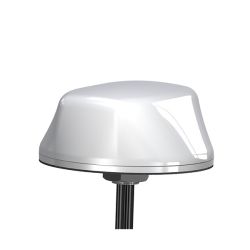
LTMG 02 Series
2x CBRS, Up to 4x WiFi, 1x GNSS
Configurable up to 7 Connections
Low Profile Design
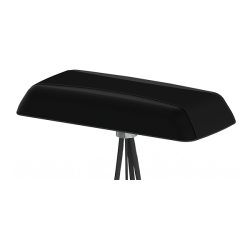
LLPG 02 Series
2x CBRS, Up to 4x WiFi, 1x GNSS
Configurable up to 7 Connections
Low Profile Design
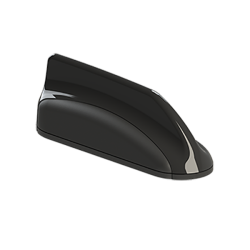
MXFG 02 Series
2x CBRS, Up to 4x WiFi, 1x GNSS
Configurable up to 7 Connections
Narrow Footprint Design
Related Resources for CBRS Private LTE
Call Mobile Mark for the Most Advanced CBRS Private LTE Antenna Design
CBRS, or Citizen Broadband Radio Service, was allocated by the FCC as Band 48 and assigned to cover 3550–3700 MHz.
The FCC used a new approach in structuring this band. With shared access to the frequencies:
- Federal Government will continue its incumbent use
- Carriers can acquire licenses to bolster existing network capabilities
- Enterprises will invest in private networks in targeted geographic areas
The FCC defined the three categories as follows: Incumbents, Priority Access Licenses, and General Authorized Access.

Incumbents, Tier 1, include US Military Radar and Fixed Satellite Stations. It also includes Wireless ISPs who will be transitioning to Tiers 2 or 3.
Priority Access Licensees, or PAL, participated in the FCC spectrum auction held in July 2020. Up to seven 10 MHz channels licenses were awarded in each county level auctions.
General Authorized Access users, or GAA, have access to part of the 3650-3700 MHz portion of the band, depending on the prior allocation and use. Many of these users were engaged in trials of the CBRS Private Network operations.
The model developed by the FCC for this spectrum allocation can apply to other frequencies, such as the C band at 3700-3980 MHz and the 3110-3550 MHz band.
Winners of the spectrum auction in July 2020 include entities as diverse as large Cellular Carriers, small Regional Carriers, Utility companies, Cable providers, Oil & Gas companies and Universities.
Industry observers expect that some of the spectrum winners will use their licenses to sub-lease at a local level. We expect many interesting installations among these users.
Citizen Broadband Radio Service is compatible with both 4G LTE and 5G. Many of the networks being installed today are using 4G LTE technology, but the systems can migrate to 5G when users are interested in making that change. As different types of networks are installed, we expect to see the need for a variety of antenna solutions for the CBRS Private LTE networks.

